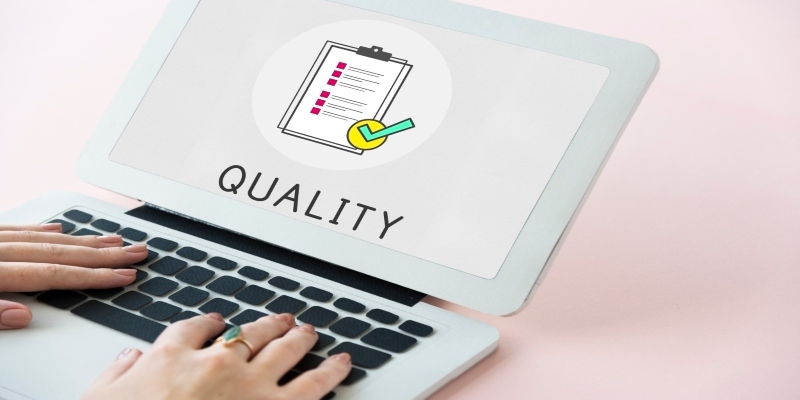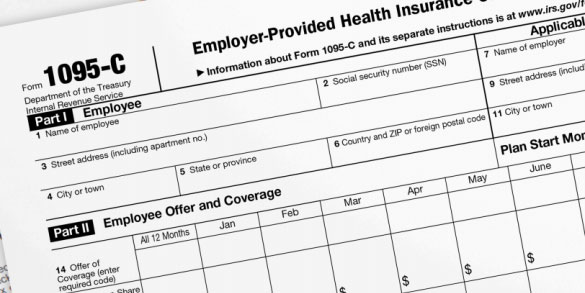If you or a loved one is living with epilepsy, you may be wondering if you are eligible for disability benefits. Epilepsy is a neurological disorder that can cause seizures and other symptoms that can significantly impact one's ability to work and maintain a livelihood. While epilepsy itself is not always enough to qualify for Social Security Disability Insurance (SSDI), there are specific criteria that the Social Security Administration (SSA) uses to determine eligibility.
Understanding these criteria can be essential in determining if you are eligible for benefits, and navigating the application process can be challenging. In this guide, we'll walk you through the vital requirements for SSDI epilepsy disability benefits and provide resources to help you navigate the process.
Benefits of SSDI for Epileptic Patients
Epilepsy can be a disabling condition, and for those with severe symptoms, it can be challenging to maintain gainful employment. Fortunately, the Social Security Disability Insurance (SSDI) program provides assistance to those who are unable to work due to their condition. In this context, let's explore the benefits of SSDI for epileptic patients.
- SSDI (Social Security Disability Insurance) is a federal program that provides financial assistance to people with disabilities that prevent them from working. The program is designed to replace some of the income that the beneficiaries would have earned if they were able to work.
- The average monthly SSDI benefit was about $1,487 in September 2023, which may vary depending on the recipient's work history and contributions to Social Security.
- In addition to the financial benefits, SSDI recipients are also entitled to retirement and survivors' benefits based on their work history and contributions to Social Security.

- SSDI beneficiaries are eligible for Medicare coverage after 24 months of receiving disability benefits. Medicare can help cover the costs of medical care, prescription drugs, and other services for people with epilepsy, which is a common condition among SSDI recipients.
- SSDI offers return to work incentives and the Ticket to Work program, which allow beneficiaries to work part-time or full-time while keeping some or all of their benefits. These programs can help people with epilepsy find suitable employment and achieve their work goals.
- SSDI also has a Plan to Achieve Self-Support (PASS) program, which allows beneficiaries to set aside some of their income and resources for a specific work-related goal, such as education, training, or starting a business. This program can help people with epilepsy pursue their career aspirations and become more independent.
Eligibility Criteria for SSDI with Epilepsy?
Social Security Disability Insurance (SSDI) is a government program designed to assist people who are unable to work due to a disability. Epilepsy is a neurological disorder that causes seizures, which can make it difficult to carry out daily tasks and maintain employment. If you have epilepsy, you may be eligible for SSDI benefits if you meet specific requirements.
According to the Social Security Administration (SSA), the eligibility criteria for SSDI with epilepsy are:
- A diagnosis of epilepsy by a qualified medical professional, supported by evidence, is required to qualify for SSDI benefits.
- Trying prescribed treatments and medications for at least three months is essential, but if seizures are still not under control, you may be eligible for SSDI.
- To qualify for SSDI benefits, you must have one of the following types of seizures: generalized tonic-clonic seizures or dyscognitive seizures.
- In addition to seizures, you must have a marked limitation in physical functioning, understanding or applying information, interacting with others, concentrating or maintaining pace, or adapting or managing yourself.

- The inability to perform any substantial gainful activity (SGA), which means earning more than a certain amount per month, is also required.
- If you meet these criteria, you may be eligible for SSDI benefits based on your work history and contributions to Social Security.
- The average monthly SSDI benefit was about $1,487 in September 2023.
- To apply for SSDI, you need to fill out an application form and provide supporting documents, such as medical records, statements from your doctor, and others who know about your seizures, and proof of income and resources.
- You can apply for SSDI online, by phone, or in person at your local Social Security office.
How To Apply For SSDI As an Epileptic Patient?
As an epileptic patient, here are the steps you need to follow to apply for SSDI:
Step 1: Prepare your documents
Gather evidence of your diagnosis, treatment, and disability, such as medical records, statements from your doctor and others who know about your seizures, and proof of income and resources. You can use the SSA checklist to ensure you have all the required documentation.
Step 2: Complete and submit the application
You can apply online, by phone, or in person at your local SSA office. You can find the online application and the contact information for your nearest SSA office on the SSA website.
Step 3: Wait for the decision
The SSA will review your application and medical evidence, and may contact you or your doctor for more information. The SSA will also determine if you meet the work and income requirements for SSDI. The decision process may take several months, depending on the complexity of your case and the availability of medical records.
Step 4: Appeal if necessary
If the SSA denies your claim, you have the right to appeal the decision within 60 days. There are four levels of appeal: reconsideration, hearing, Appeals Council review, and federal court review. You can find more information about the appeal process on the SSA website.
Final Thoughts
Epilepsy can be a debilitating condition that can affect a person's ability to perform daily tasks. However, the Social Security Administration (SSA) recognizes epilepsy as a qualifying condition for disability benefits. To be eligible for SSDI benefits, individuals with epilepsy must meet specific requirements, including having a documented history of seizures and a significant limitation in their ability to perform daily activities.
It's important to note that the application process for disability benefits can be complex, and it may be helpful to seek the assistance of an experienced SSDI attorney to navigate the process. If you or a loved one is living with epilepsy and struggling to work, it may be worth considering applying for SSDI benefits to help with the financial issues of medical bills and lost wages.







